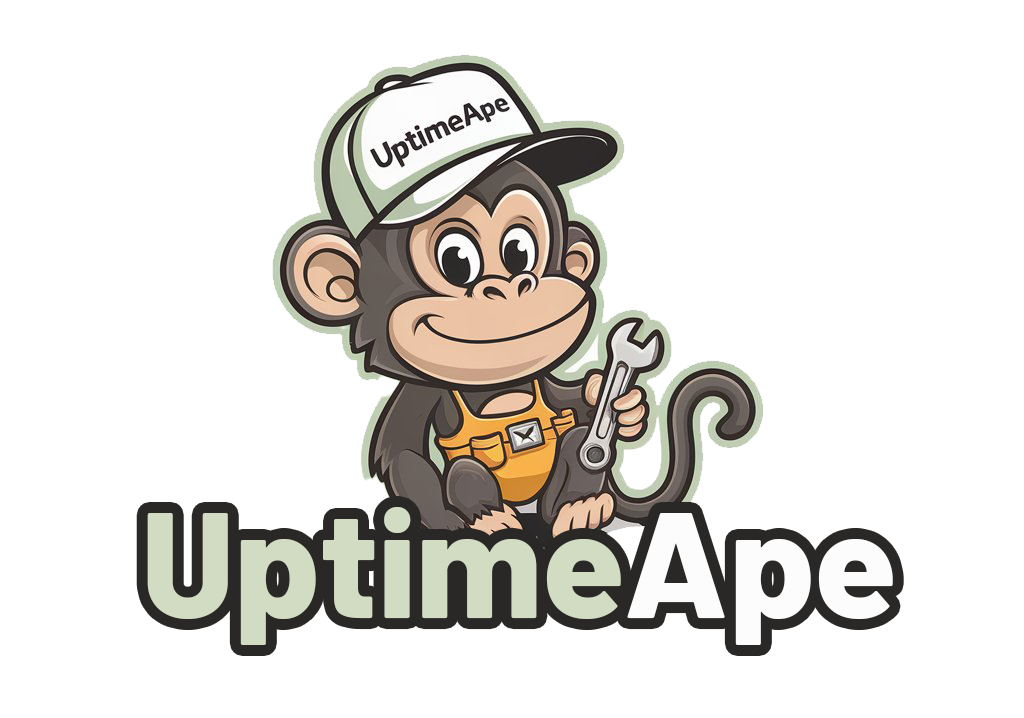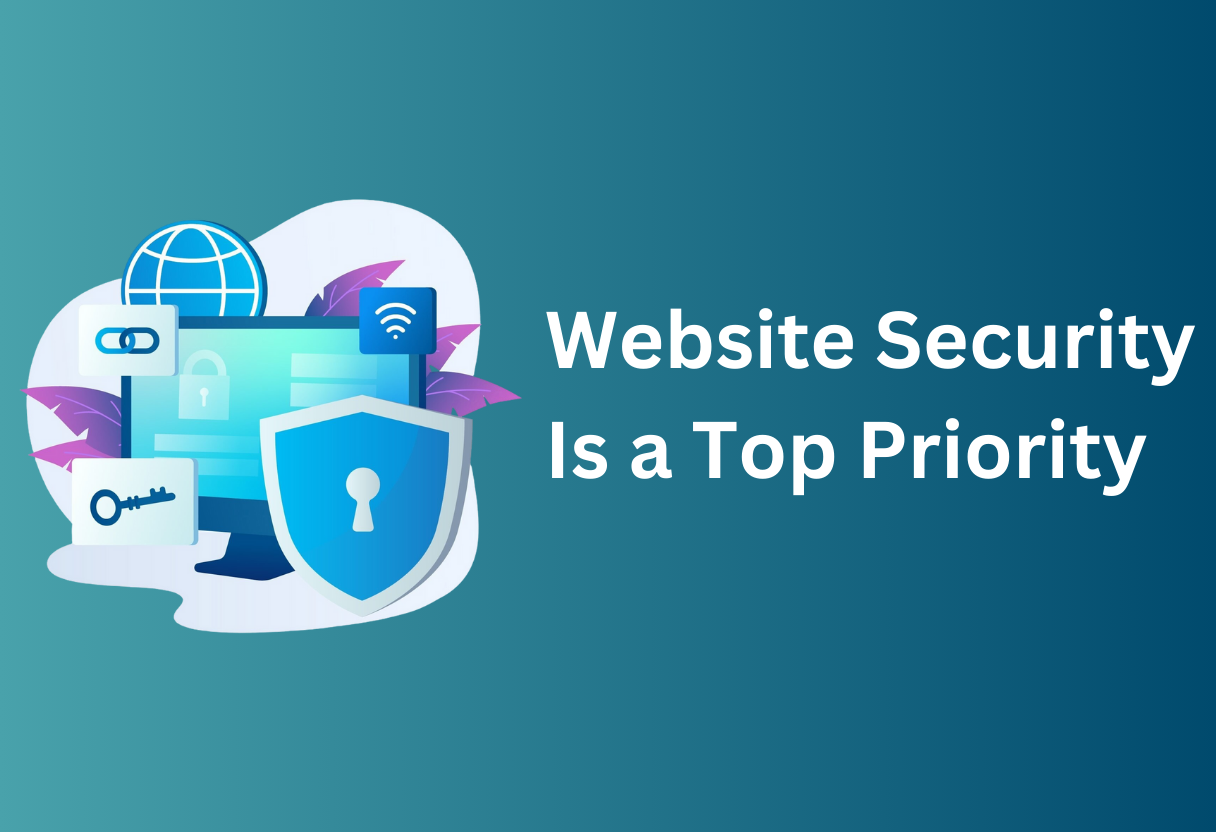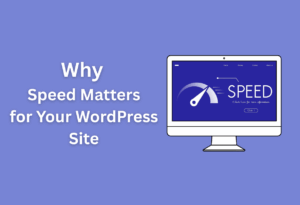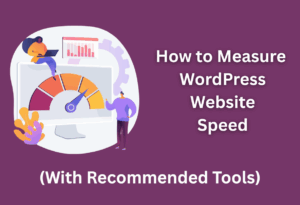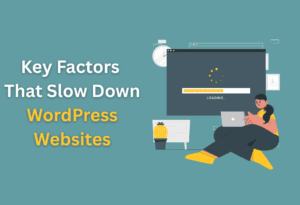You may not realize it, but the security of your WordPress website impacts not only your business but also your visitors. Protecting your site from malware, hacks, and data breaches is important for maintaining trust and credibility.
A compromised website can lead to financial losses, damage to your reputation, and loss of sensitive customer information. By prioritizing your website security, you can enjoy the peace of mind that comes with knowing your site is safe, allowing you to focus on what matters most—growing your online presence and serving your audience effectively.
Key Takeaways:
- WordPress websites are common targets for hackers due to their popularity, making robust security measures necessary to protect sensitive data and maintain user trust.
- Regular updates and maintenance of plugins, themes, and the WordPress core can significantly reduce vulnerabilities and enhance overall site security.
- Implementing strong passwords, two-factor authentication, and security plugins can provide an additional layer of defense against potential threats.
The Importance of Website Security
For anyone running a WordPress website, prioritizing security is vital. Your site is not just an online presence; it’s an asset that can significantly impact your brand’s reputation and financial stability. Vulnerabilities can expose you to a myriad of threats, placing your data, customer information, and even your credibility at risk.
By investing time and resources into robust security measures, you safeguard both your website and your visitors, ultimately ensuring a seamless and trustworthy online experience.
Understanding Cyber Threats
An array of cyber threats exists today, ranging from malware and phishing to DDoS attacks. These threats can target any website, with hackers constantly evolving their tactics to exploit vulnerabilities. By understanding the types of security risks that could compromise your site, you can take proactive steps to fortify it against potential attacks.
The Impact of Security Breaches
By experiencing a security breach, you face not only the loss of sensitive data but also significant consequences for your business. The immediate aftermath often includes financial loss, legal repercussions, and reputational damage.
Customers may lose trust, which can lead to decreased traffic and revenue for your site. Furthermore, the recovery process can be lengthy and costly, diverting your focus and resources from growth and innovation.
Security breaches can have severe ramifications for your organization, affecting everything from customer trust to your bottom line. Data loss or theft can directly impact your operations, while reputation damage may take years to mend.
Notably, the costs associated with recovery from a breach often escalate beyond immediate financial loss, as you may incur regulatory fines, legal fees, and increased insurance premiums. Additionally, the long-term effects can stifle your business growth as you work to regain customer confidence and mend the trust that was damaged.
Common Vulnerabilities in WordPress
Assuming you are using WordPress for your website, it’s imperative to be aware of various vulnerabilities that could compromise your site’s security.
From outdated plugins and themes to weak passwords and user accounts, these issues can open doors for attackers, putting your data and users at risk. Understanding these vulnerabilities is the first step toward safeguarding your website.
Outdated Plugins and Themes
On a regular basis, new vulnerabilities are discovered in plugins and themes, making it important to keep them up to date. Failing to update can leave your site exposed to cyber threats that target known weaknesses, ultimately jeopardizing your site’s integrity and security.
Weak Passwords and User Accounts
Above all, weak passwords and poorly managed user accounts can be a gateway for unauthorized access to your WordPress site. By not enforcing strong password policies, you increase the risk of brute-force attacks which can easily compromise accounts.
Indeed, strong passwords and robust user account practices are vital for your website’s security. You should use a combination of upper and lower case letters, numbers, and symbols to create complex passwords that are hard to guess.
Additionally, it’s advisable to implement two-factor authentication and manage user roles carefully to limit access as needed. By following these practices, you significantly reduce the likelihood of unauthorized access, protecting both your site and its visitors.
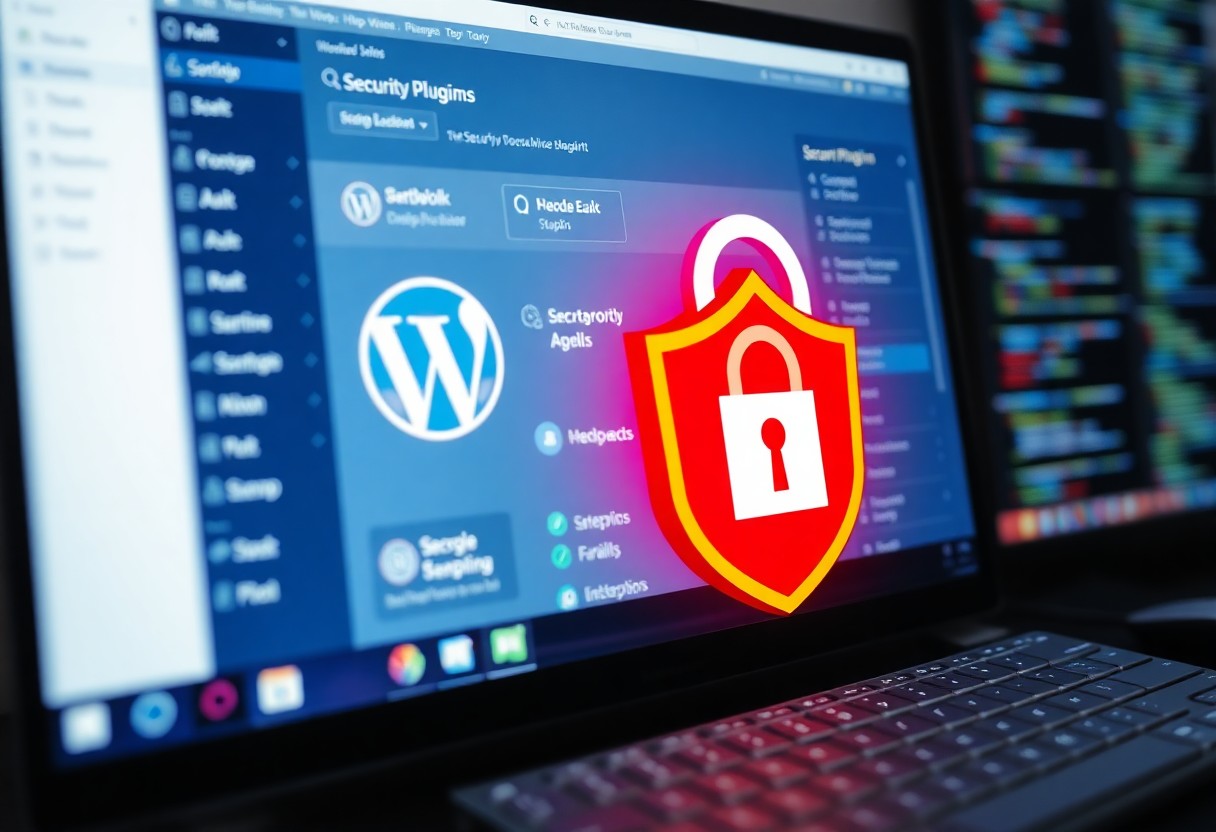
Essential Security Measures for WordPress
Your WordPress site’s security depends heavily on the implementation of vital measures that protect your data and reputation.
By taking proactive steps, you can prevent unauthorized access, mitigate risks, and ensure a safe browsing experience for your visitors. Prioritizing security is not just an option; it’s a necessity for anyone serious about maintaining an effective online presence.
Regular Updates and Maintenance
Measures such as updating your WordPress core, themes, and plugins regularly ensure that you benefit from the latest security patches and enhancements.
Outdated software can create vulnerabilities that hackers can exploit, making frequent updates vital to maintaining your website’s integrity and security.
Implementing Strong Password Policies
Against the common misconception, passwords are not just a mere formality; they are your first line of defense against unauthorized access. By enforcing strong password policies, you can significantly reduce the risk of a security breach.
Ensure your passwords are complex, including a mix of uppercase and lowercase letters, numbers, and symbols, and encourage the use of different passwords for different accounts.
But implementing strong password policies goes beyond just choosing robust passwords. You should encourage users to change their passwords regularly and utilize tools like password managers to store their credentials securely.
Additionally, consider integrating two-factor authentication for an extra layer of security. This combined approach mitigates the risk of password-related breaches, protecting both your data and your users’ information effectively.
Utilizing Security Plugins
After establishing a WordPress website, securing it becomes a paramount concern. Utilizing security plugins is an effective way to enhance your site’s defenses.
These plugins provide various features that help identify vulnerabilities, monitor suspicious activities, and implement measures to thwart potential attacks, ultimately protecting your valuable data and user information.
Features of Effective Security Plugins
Above all, an effective security plugin should include features such as malware scanning, firewall protection, login attempt monitoring, and automated backups.
These capabilities help identify threats in real-time, block malicious bots, and ensure that your website remains operational even after an incident, keeping both you and your users safe.
Recommended Security Plugins
Plugins like Wordfence, Sucuri, and iThemes Security stand out as comprehensive solutions for your website’s security needs.At Wordfence, you gain access to a powerful firewall and malware scanner that constantly updates to counteract emerging threats.
Sucuri offers dedicated security monitoring and incident response capabilities, while iThemes Security provides multifaceted protection, including two-factor authentication and password enforcement.Implementing any of these plugins ensures that you fortify your site against potential breaches while maintaining smooth operation and user trust.
Monitoring and Maintenance
Now that you understand the significance of securing your WordPress website, it’s necessary to commit to ongoing monitoring and maintenance. Regular updates, combined with vigilant oversight, help you identify vulnerabilities before they become significant threats. This proactive approach not only protects your website from potential attacks but also ensures that it runs smoothly and efficiently. Consider investing in WordPress maintenance and support packages that offer comprehensive services, including regular backups, security checks, and performance optimization. By doing so, you can focus on your content and audience while leaving the technical aspects to experts committed to your site’s safety and functionality.
By staying proactive, you ensure your site remains fortified against emerging security risks, safeguarding your hard work and your visitors’ data.
Importance of Regular Backups
Any website can face unexpected challenges, from server failures to malicious attacks. That’s why having a robust backup strategy is non-negotiable.
Regular backups of your WordPress site mean that in the event of an incident, you can quickly restore your content and configurations, minimizing downtime and protecting your investment.
Continuous Security Audits
Before you can effectively secure your WordPress site, it’s vital to conduct continuous security audits. These audits allow you to detect potential vulnerabilities and ensure your security measures are updated against evolving threats. Regularly assessing your site not only protects your data but also gives you peace of mind.
Maintenance of continuous security audits involves a thorough examination of your WordPress site’s security posture. By regularly checking for outdated plugins, themes, and any signs of malicious activity, you can swiftly address issues that may compromise your website. Prioritizing this process keeps your site safe, enhances its performance, and strengthens visitors’ trust in your brand.
Training and Awareness
Unlike many other aspects of website management, security relies heavily on the knowledge and behavior of your team. Ensuring that everyone involved with your WordPress site is educated about potential threats and security protocols is vital. Regular training sessions can help reinforce best practices and keep your team informed about the latest developments in web security. It’s particularly important to address specific vulnerabilities, such as WordPress security risks from backdoors, which can be exploited by malicious actors to gain unauthorized access to your site. By fostering a culture of vigilance and accountability, you can significantly reduce the chances of a security breach and protect both your website and its users.
Regular training sessions and updates can empower your users and administrators to make informed decisions, safeguarding your website from vulnerabilities.
Educating Users and Administrators
Training your users and administrators on security best practices plays a significant role in protecting your WordPress website. This encompasses understanding phishing attempts, recognizing weak passwords, and knowing how to secure their accounts.
Regular workshops and updated training materials can keep your team well-informed and equipped to handle potential security threats effectively.
Building a Security-Conscious Culture
One way to enhance your website’s security is by fostering a culture that prioritizes safety and vigilance. Encouraging your staff to be proactive about security measures helps prevent potential breaches.
You can instill this mindset by promoting open discussions about security threats, celebrating adherence to best practices, and integrating cybersecurity into daily operations.
And as a result, this mindset can lead to fewer incidents of data breaches and a more formidable defense against malicious attacks. When your team recognizes the importance of staying informed and remains vigilant, they’re less likely to fall victim to social engineering or other security threats.
Transitioning to a security-conscious culture ultimately enhances the overall resilience of your website and instills confidence in your users, knowing that their data is being safeguarded effectively.
To wrap up
Presently, ensuring the security of your WordPress website should be a top priority for you, as it protects your valuable data, enhances user trust, and safeguards your reputation. Implementing best practices for WordPress security not only mitigates the risk of potential attacks but also ensures smooth operation of your site. Regularly updating plugins, themes, and the core WordPress software is essential for keeping vulnerabilities at bay. Additionally, employing strong passwords and two-factor authentication can significantly bolster your defenses against unauthorized access.
With the rising frequency of cyberattacks, adopting strong security practices not only prevents breaches but also helps you comply with regulations and maintain a stable online presence. By prioritizing security measures, you empower yourself to focus on growing your business without the constant worry of potential threats.
